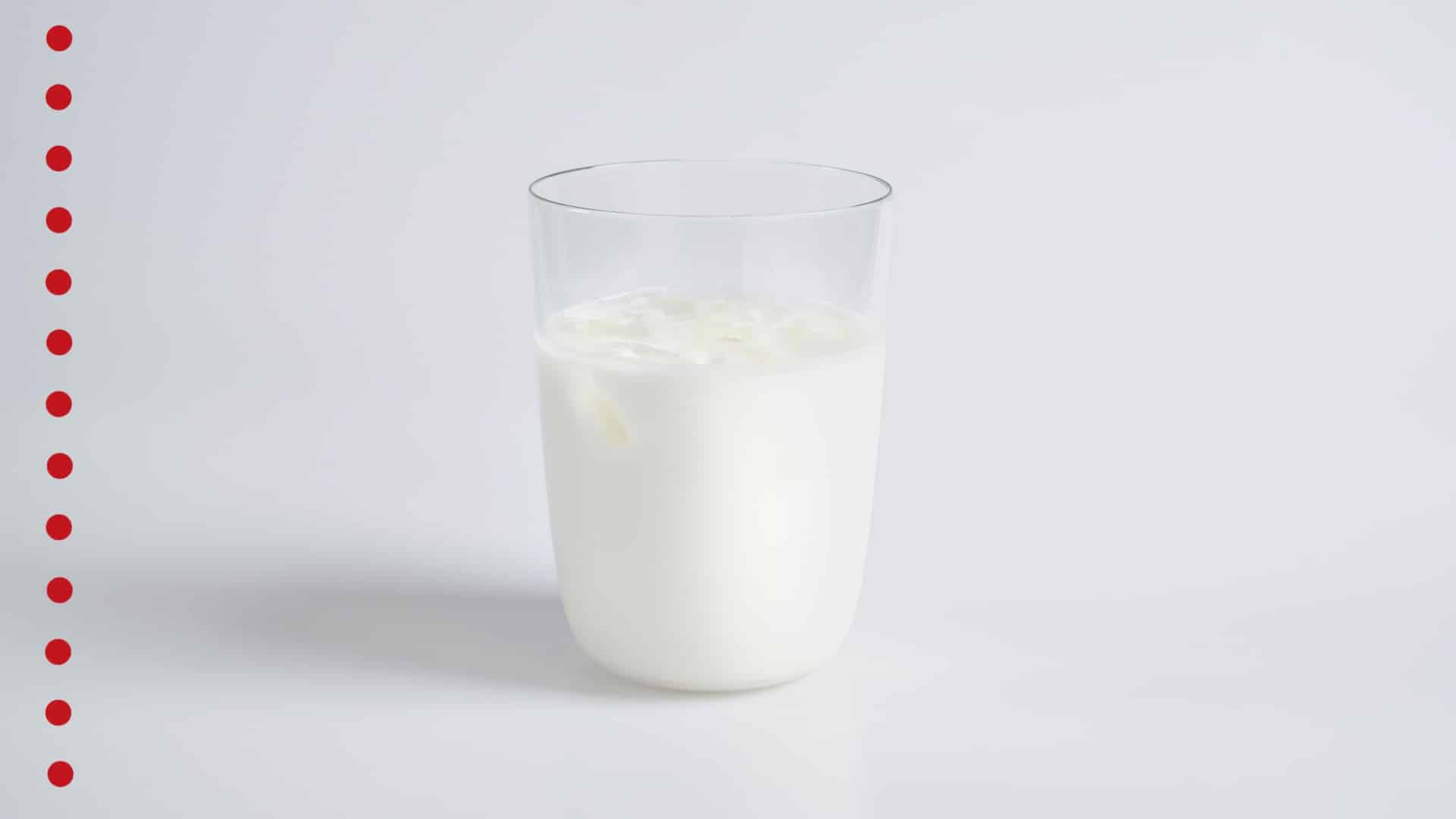What is calcium deficiency?
After about age 30, bones start losing calcium which reduces bone strength and leads to osteoporosis, which is characterized by fragile bones. Calcium deficiency can also cause rickets in children and other bone disorders in adults, although these disorders are more commonly caused by vitamin D deficiency. Another effect of chronic calcium deficiency is osteomalacia, or defective bone mineralization and bone softening, which can occur in adults and children
Blood levels of calcium are tightly regulated hence bones will release calcium into the blood if the diet does not provide enough, and no symptoms usually occur. However, a more serious deficiency of calcium, called hypocalcemia, results from diseases such as kidney failure, surgeries of the digestive tract like gastric bypass, or medications like diuretics that interfere with absorption.
Common calcium deficiency symptoms:
- Muscle cramps
- Muscle weakness
- Numbness in fingers
- Tingling in fingers
- Abnormal heart rate
- Poor appetite
- Bone weakness
What causes a calcium deficiency?
- A diet lacking in calcium-rich foods
- Menopause
- Amenorrhea
- Lactose intolerance
- Hypoparathyroidism
Further reading: Harvard School of Public Health, National Institutes of Health
